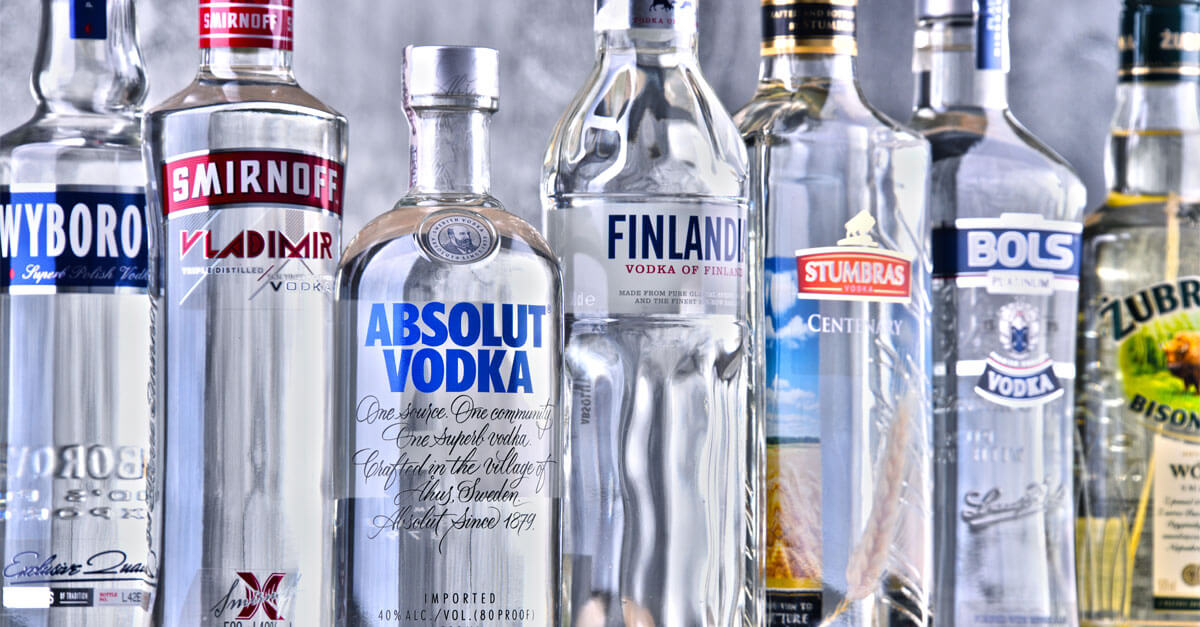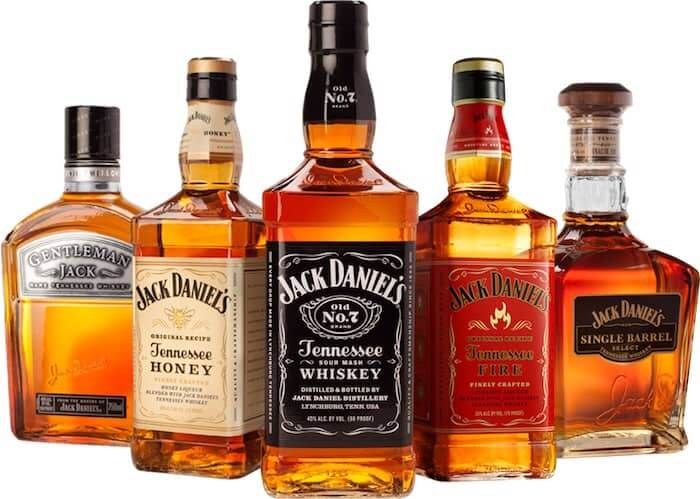You’ve probably struggled to open a bottle without a bottle opener before. Well, your struggles…
Vodka Vs Whiskey:What’s The Difference(2022 Undated)
Both vodka and whiskey are among the six most common distilled spirits in the world. There are certain differences between these two spirits in many aspects such as raw materials, production process, alcohol reading, color, drinking method, taste, and popular regions. Which one is better to drink depends mainly on personal taste and preference.
Here’s a look at the difference between vodka and whiskey.
What is Vodka?
Vodka has been known to come from places like Russia, Sweden, and many other parts of Eastern Europe. Derived from the Russian word “voda” meaning water, vodka has been known to be around since the 1400s (as demonstrated in early Polish manuscripts). And now, it is mass-produced in various parts of the world and is one of the most common choices of spirits at bars.
One of the biggest reasons why people opt for it is because of its versatility. Not only can vodka be used for cocktails but high-quality vodka can also be had with just water or on the rocks; it essentially depends on how you like it. This is especially possible with the different flavors of vodka that have been introduced over the years. Plus, it can be used for plenty of other things around the house such as cleaning, medicinal use, and even gardening.
A Brief History of Vodka
As mentioned, Russia and various parts of Europe were the first people to introduce vodka into the beverage industry. It was Poland that create vodka sometime in the 8th century but considering that they used wine instead of water, it wasn’t “technically” considered vodka. However, in the later years, authentic vodka was created but only for medical purposes. From then on, authentic vodka slowly caught on as something consumable.
Once popularized in the European side of the world, America too saw a rise in vodka consumption. After WWII, it was not only because highly consumed in America but the country also took over the production of the spirit. That is when items like corn and potatoes started being used for fermentation and manufacturing purposes.
Sometime around the 80s, flavored vodka came into the picture and the first ever pepper-flavored vodka was created by Absolut. Since then, there has been a rise in various other flavors like green apple, strawberry, raspberry, etc.
Uses
It goes without saying that vodka can be used for various cocktails and alcoholic drinks. After all, a bottle of high-quality vodka is a great addition to your bar at home. However, there is a lot more than can be done with some leftover vodka you may have lying about in the house.
1. Cook
Much like wine, vodka can also be used in many dishes. In fact, many chefs even prefer to use vodka over wine when cooking as it adds a better flavor. If you are the kind who likes to experiment with food and alcohol, cooking is a great way to incorporate vodka —especially in pasta sauces and curries.
2. Clean
Vodka is alcohol at the end of the day, which means it can be used for disinfecting and degreasing. Plus, it is not as strong as some of the cleaners in the market these days making it an excellent choice for anyone sensitive to those kinds of smells.
What is Whiskey?
Whiskey, unlike Vodka, is a bit more complicated in terms of origin despite dating back to around the same time in terms of production. You see depending on what kind of taste and flavor you’re looking for, whiskey (or whisky) can come from different parts of the world. The one commonly found in the USA is whiskey (spelled with an ‘e’) as those are the ones manufactured in the country, as well as Ireland. On the other hand, whisky (without an ‘e’) is produced in places like Scotland and Canada.
While the uses for both are not too different, there can be a huge difference in taste and types that come out of the different countries. If you ask a whiskey/whisky connoisseur, they will always have an answer for why they like one over the other —even though the only difference on the surface is the addition of ‘e’ in one.
Brief History of Whiskey
While whiskey production can be taken back to the 14th century, production in the USA only began in the 18th century. With major centers in only a handful of places, the American whiskey was created using malt, corn, rye, etc. This was a major change from Scottish whisky as those were made with barley.
When the first ever barrel was made, a mix of corn and rye was used which was then aged for about a year in burned oak barrels. The first set of whiskeys was strong, and that led to the creation of a second batch which was mainly made with corn. This one was not aged in a burned barrel but just in a new oak barrel which did make a significant difference.
It was this type of trial and error that also gave birth to Bourbon, which is just a subset of different whiskey combinations. However, even to this day, most American whiskeys are a combination of rye and corn.
Uses
Much like Vodka, whiskey can be used for more than just drinking. While most of the uses are pretty common, such as an antiseptic for cleaning wounds, there are some other pretty unique uses.
1. Coughs and Colds
One of the most interesting uses of whiskey is using it when you have a cough. Because the spirit tends to heat the body, a shot of whiskey is excellent when you’re suffering from a blocked nose or a sore throat. Moreover, since it has been known for medicinal properties, it may even help fight off the cold and open up the sinus.
2. Anesthesia
This may not be useful in the present date, but back during the civil war, whiskey was actually being used as anesthesia. Of course, it may not have a complete numbing effect, but there have been stories of whiskey being given to soldiers to take the edge off the pain of amputations.
Difference Between Vodka and Whiskey
a. Production Process
While both of these spirits are distilled before being released into the market, the main difference is the products used to make these spirits.
Vodka can be made using any food that has starch and sugar in it like potatoes and wheat. The reason behind this is that the sugar is turned into alcohol during the distillation process. And, the more distilled the vodka is, the purer it is considered.
Grains such as barley and rye are used to make whiskey. While whiskey also goes through the distillation process, the grains first go through a process called malting where they are cleaned, grown, and then eventually mashed to make the whiskey.
Once the distillation and heating processes are over, whiskey is then aged in oak barrels. Depending on the flavor that it is intended to create, the barrel may or may not be burned.
b. Taste
Speaking of flavor, let’s move on to the taste of these spirits. Despite having similar production processes, vodka and whiskey have no similarity in taste. Possessing a lighter taste, a well-distilled bottle of vodka will not be harsh on the palate.
On the other hand, whiskey is far stronger than vodka; especially the ones that have a smoky flavor. Depending on the brand, whiskey tastes can range from smoky to sweet, even fruity. Unlike vodka, the distillation has a lesser effect in terms of taste as the aging is what gives whiskey its flavor.
c. Consumption
If you are looking to drink or make a cocktail, then vodka is a much better choice. Firstly, most vodkas are colorless making it easier to create something that doesn’t just taste great but looks good too. Moreover, this spirit is more versatile in terms of flavor as well and easily adapts to mixers like soda, juice, syrups, etc.
Whiskeys, on the other hand, are better suited to be had either neat or on the rocks. High-end whiskeys, like wine, are even smelled before consumption as the smokiness of burned barrels often comes through. Whiskeys can also be added to cocktails such as old-fashioned or whiskey sour, but most connoisseurs chose to have them without the extra flavors.
Plus, because whiskey is far stronger than vodka, the former is not a good choice if you are looking to have some shots on a night out.







